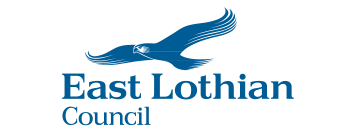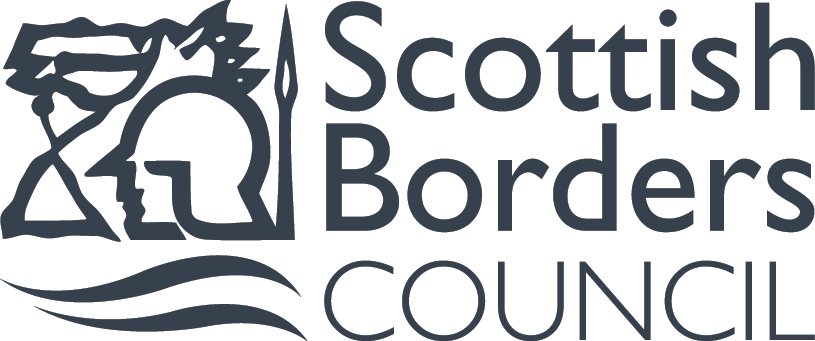Book now for our conference Doing Data Better, 30 September 2021
/The City Region Deal’s Data-Driven Innovation (DDI) initiative will team up with the Scotsman newspaper on 30 September to deliver Doing Data Better, a free-to-attend virtual event that will bring together experts from a range of fields to discuss data’s role in tackling major global challenges.
Keynotes will come from two leading commentators: writer and broadcaster Jamie Bartlett, author of The People Vs Tech, who will discuss doing data better to protect privacy; and Allison Schrager, author of An Economist Walks into a Brothel, which takes a look at unexpected places to understand risk. At the conference, Allison will discuss how understanding risk is key to doing data better.
The event builds on two previous conferences, which focused on ethics (DOING DATA RIGHT in 2019) and collaboration (DOING DATA TOGETHER in 2020) and will examine how we harness ethical and collaborative approaches.
Jarmo Eskelinen, DDI’s Executive Director, said: “Data innovation is being used more and more as part of the solution to major global challenges. It will feature in the planning and forecasting for future pandemics and play an important role in reducing the effects of climate change. As part of the University of Edinburgh and the City Region Deal, the DDI initiative is uniquely placed to play a key role in these efforts, working between researchers, industry and government at local and national levels. I urge anyone interested in the increasingly important role of data to book their place at our conference and learn more about how collecting, analysing and drawing insights from data can create better futures for us all.”
Alongside keynote talks, the conference will include expert panel discussions where industry and academic experts will discuss data’s role in four big themes: climate change, future pandemics, tourism and economic recovery, and social & financial inclusion.
Join us as we discuss DOING DATA BETTER – at a time when we need to do this more than ever.










